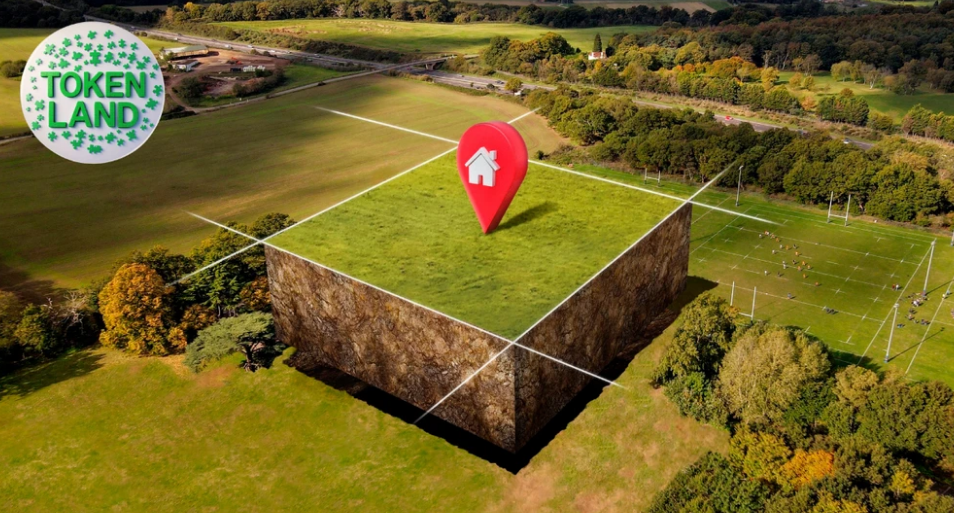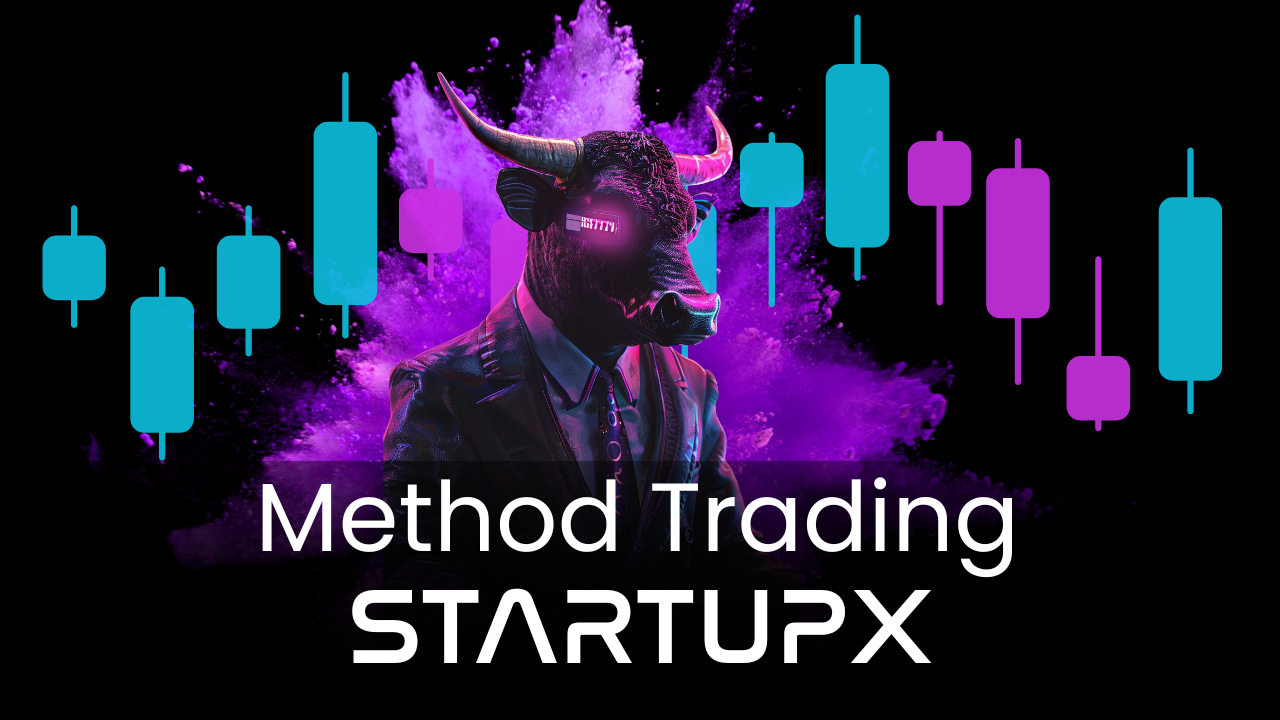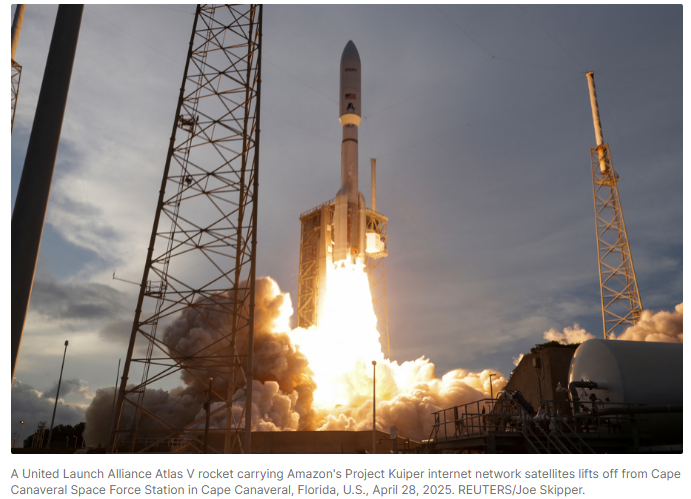Real estate tokenization, powered by blockchain technology, has the potential to transform the industry by delivering greater efficiency, broader investor access, and billions in new economic activity. Disruptive technologies like asset tokenization are poised to revolutionize the real estate market. By converting physical assets into digital tokens, blockchain enables secure, fractional ownership and trading, reducing operational inefficiencies, cutting administrative costs, and boosting retail investor participation.
What is Real Estate Tokenization?
Think of it like buying shares in a company. Instead of owning the entire company, you purchase a small portion through stocks. With tokenized real estate, it works the same way: using blockchain technology—yes, the same one behind cryptocurrencies like Bitcoin—a property is divided into digital tokens. Each token represents a fraction of the property, allowing you to invest with whatever amount fits your budget.
The benefits are straightforward and compelling:
- Accessibility: You can start with a small amount of money and invest in high-value properties.
- Flexibility: Buying and selling tokens is as simple as trading stocks on digital platforms.
- Transparency: Blockchain ensures security and clarity, minimizing the risks of fraud or hidden fees.

A Growing Market
Over the past eight years, tokenization has paved new paths for real estate investment, and this momentum is accelerating. According to Deloitte, by 2035, up to $16 trillion in real estate could be tokenized, compared to less than $0.3 trillion in 2024. This represents an impressive compound annual growth rate (CAGR) of 27%.
The tokenized real estate market is expected to be driven by three key segments:
- Tokenized Loans and Securitizations: Projected to dominate, reaching $8.39 trillion by 2035.
- Private Real Estate Funds: Could grow to $9 trillion, capturing 8.5% of the market.
- Land Ownership and Undeveloped Projects: Estimated to hit $90 billion.
Blockchain platforms can streamline real estate funds by simplifying issuance, administration, and secondary market trading, reducing reliance on intermediaries. Two models are emerging: “off-chain” funds that use debt tokens backed by loan pools, and fully “on-chain” real estate trusts.
Hyperpersonalized Investing
Tokenization allows investors to create highly personalized portfolios, targeting assets based on preferences like sustainability, location, or other custom criteria. However, managing defaults will be critical. Early adopters must establish mechanisms to ensure creditors can access real-world assets linked to tokens if needed.
StartupX and Tokenland: Leading the Charge
Companies like StartupX are diving into this space, partnering with Tokenland to tap into the global growth of tokenized real estate. As the market expands, Tokenland is set to redefine how we think about property investments. Together, they’re democratizing the sector, making it more accessible, transparent, and efficient.
Vacation Rentals: A New Opportunity
One of Tokenland’s standout features is the tokenization of vacation rentals. This lets investors profit from holiday homes without the hassle of managing rentals themselves. It’s a flexible, lucrative way to diversify investments—something traditional methods can’t match with such ease.
Whether you’re a seasoned investor or just starting out, tokenized real estate could unlock a world of opportunities.
Beyond Real Estate: Securitized Loans
Outside of real estate, securitized loans are gaining traction. Despite post-2008 skepticism, blockchain-backed securities offer faster reporting, greater transparency, and lower costs. For example, LiquidFi slashed the reporting time for mortgage-backed securities from 55 days to just 30 minutes using the Stellar blockchain.
Tokenization also unlocks dynamic financing for projects like residential developments and data centers.

The Future: Interoperability and Regulation
As more blockchains emerge, interoperability will be vital. Future systems must allow tokens to move seamlessly across platforms while preserving privacy and meeting regulatory requirements. Advances like layer-2 solutions and new regulatory frameworks are paving the way for wider adoption.
Key Considerations for Investors and Managers
For real estate managers and investors looking to engage with tokenization, several factors are essential:
- Choosing the right blockchain.
- Ensuring secure custody solutions.
- Understanding tax implications.
- Strengthening cybersecurity defenses.
Real estate tokenization is more than a trend—it’s a paradigm shift that could redefine how we invest in and interact with property, unlocking unprecedented opportunities for efficiency and inclusion.







